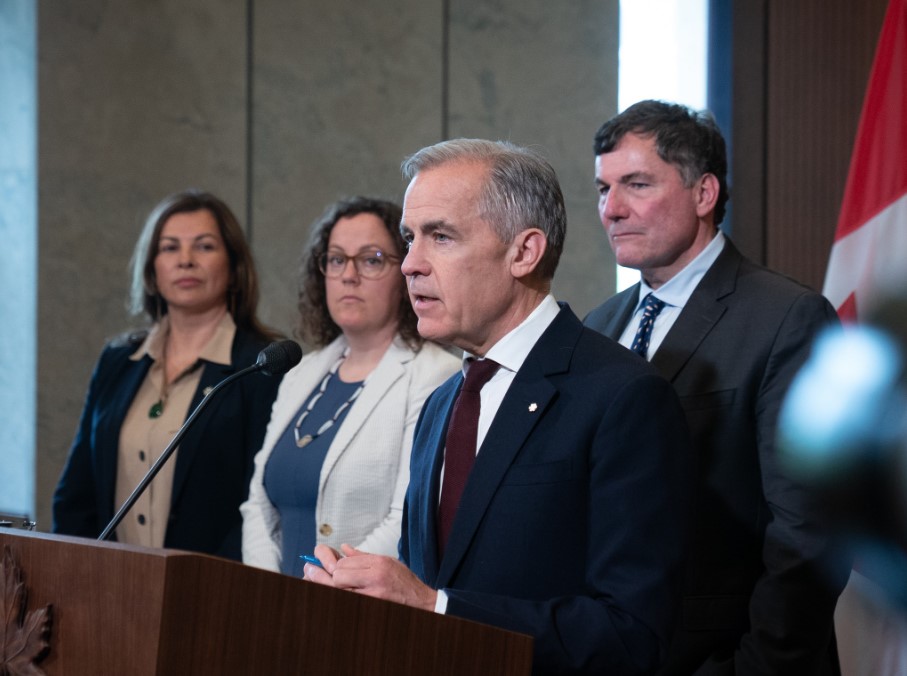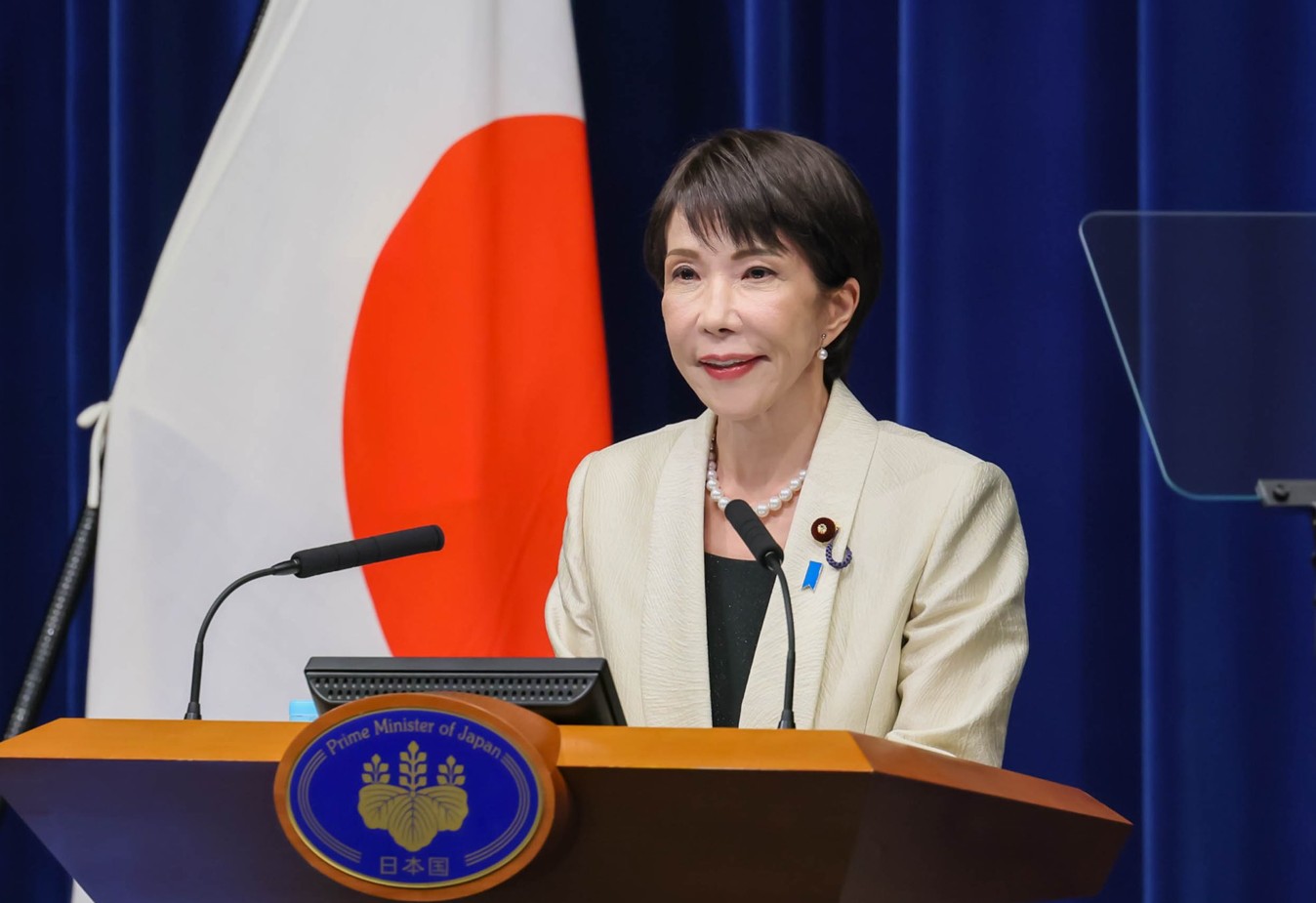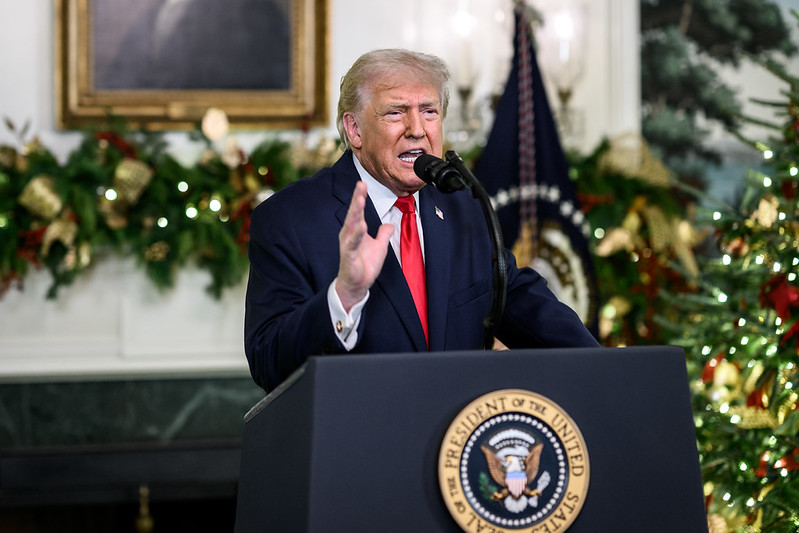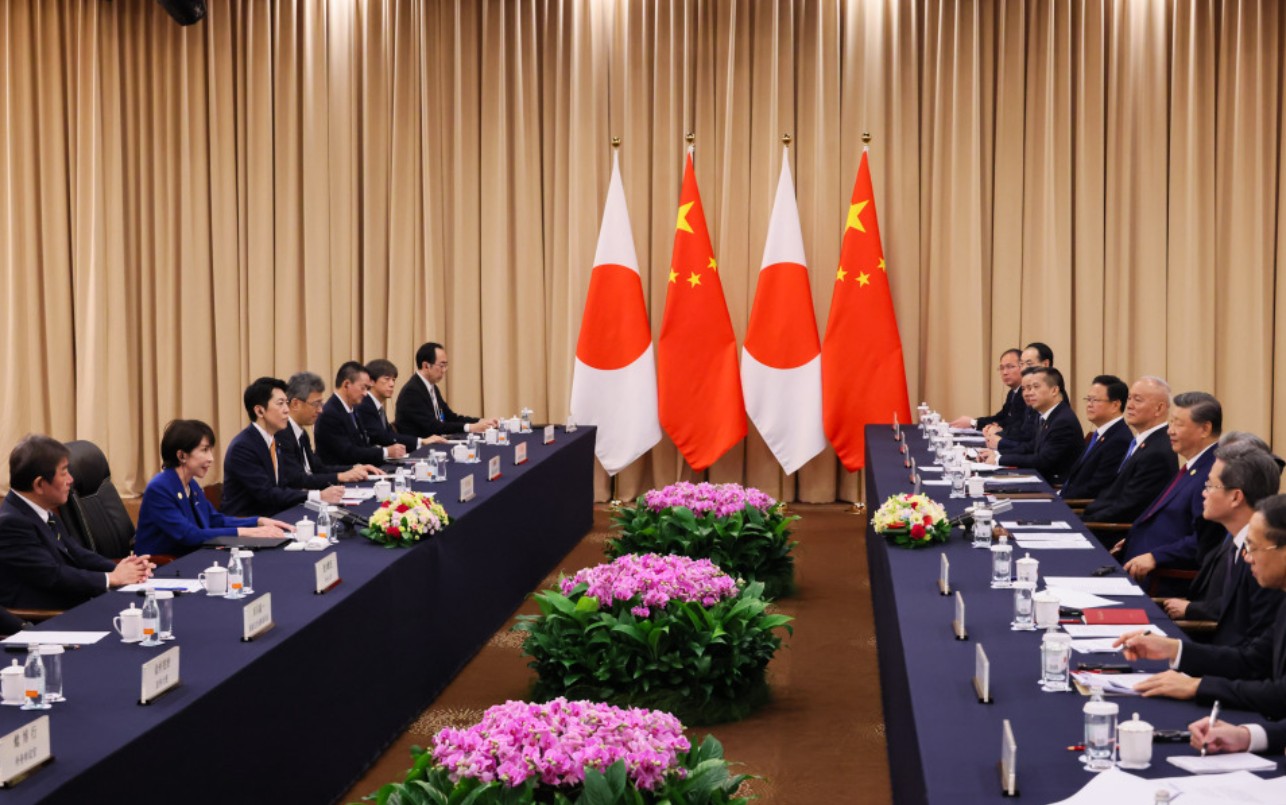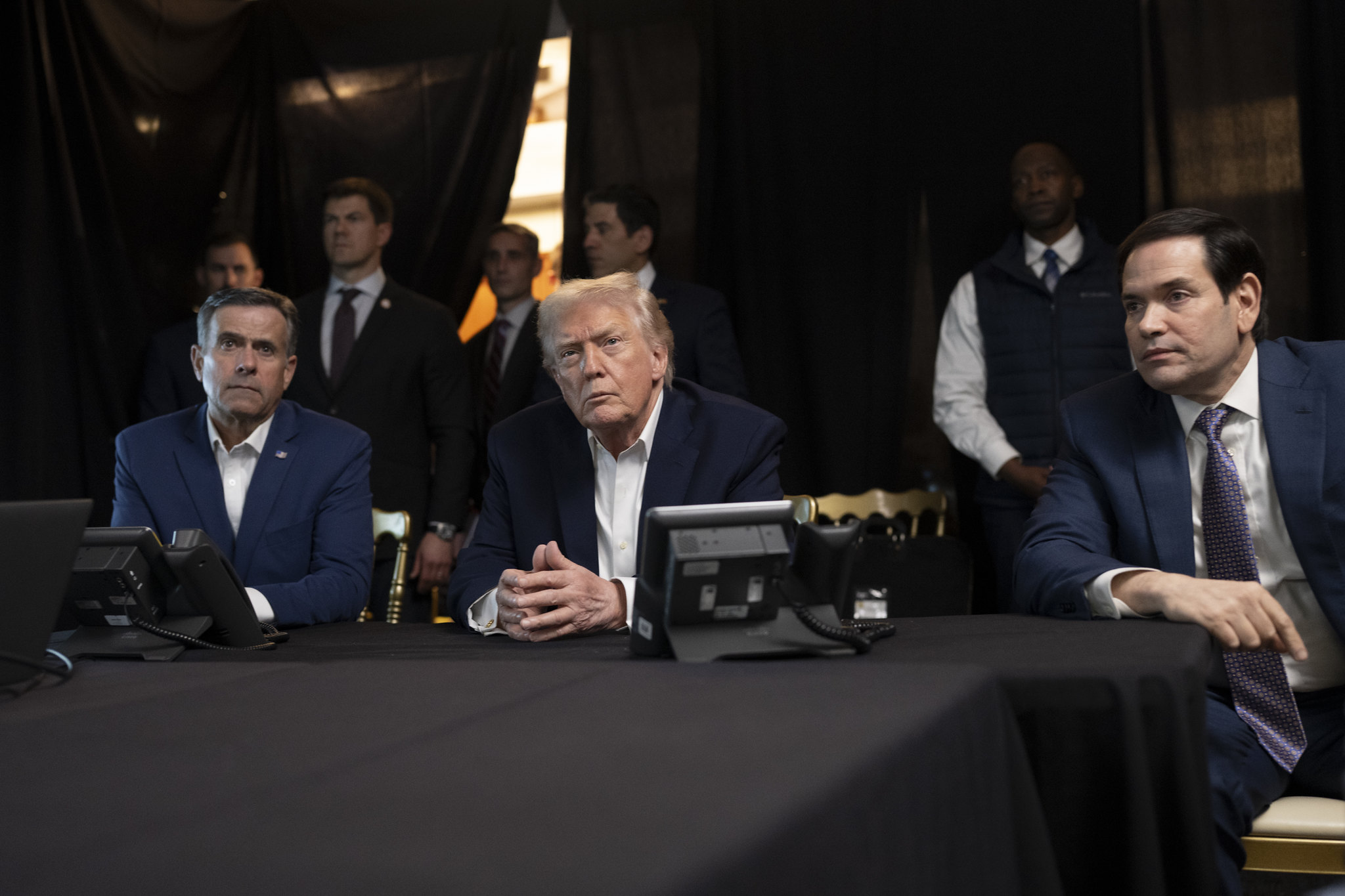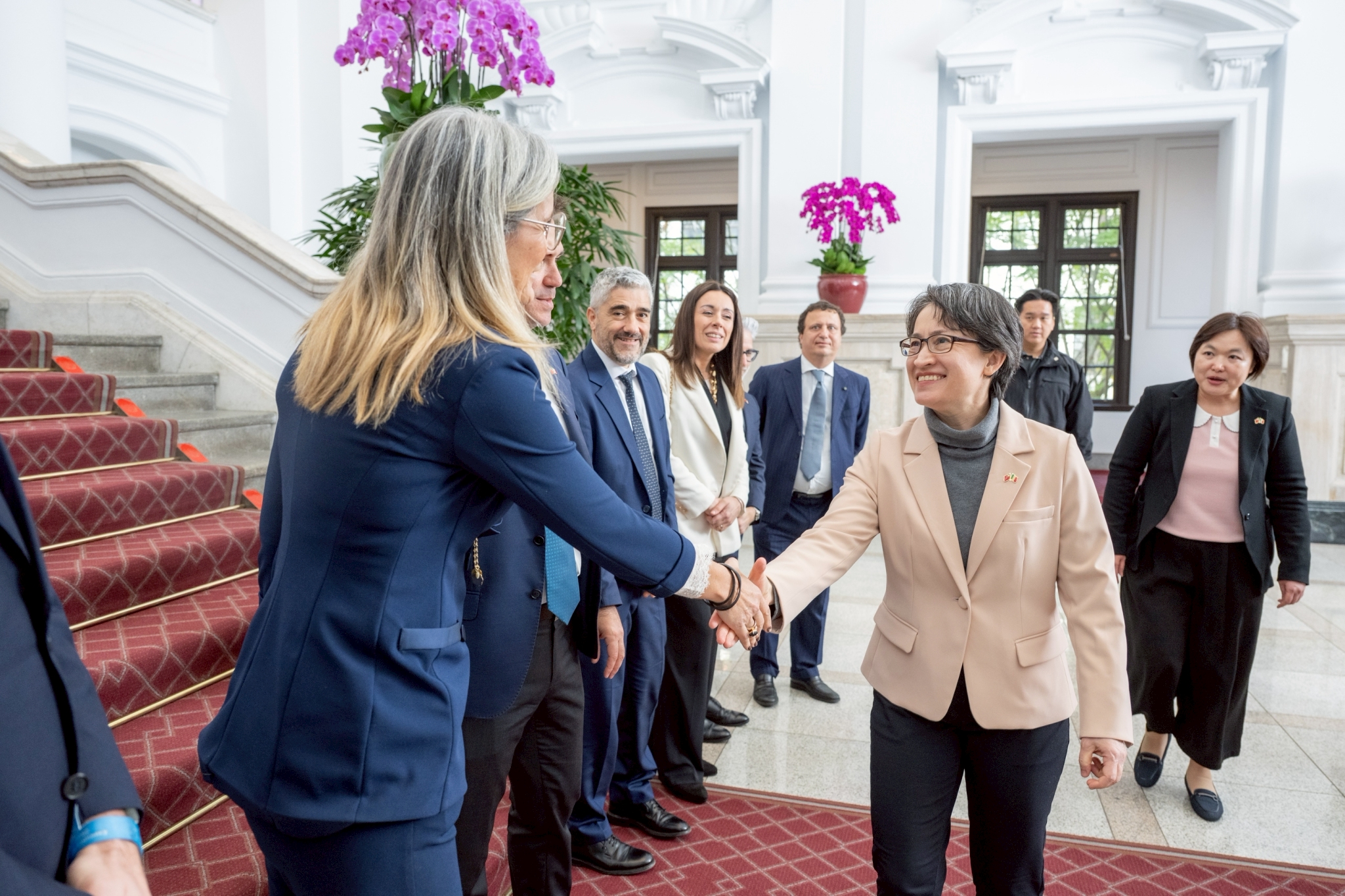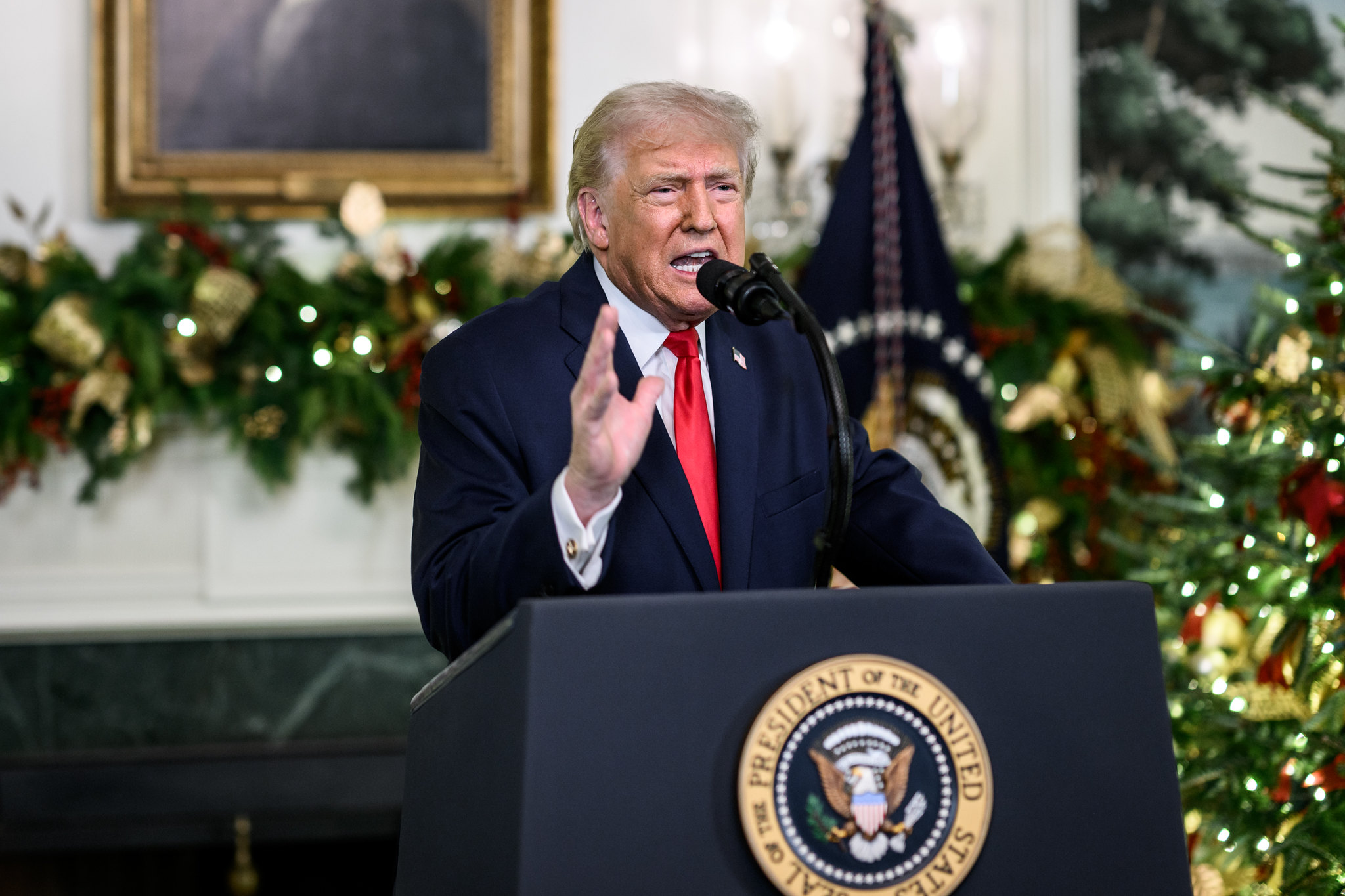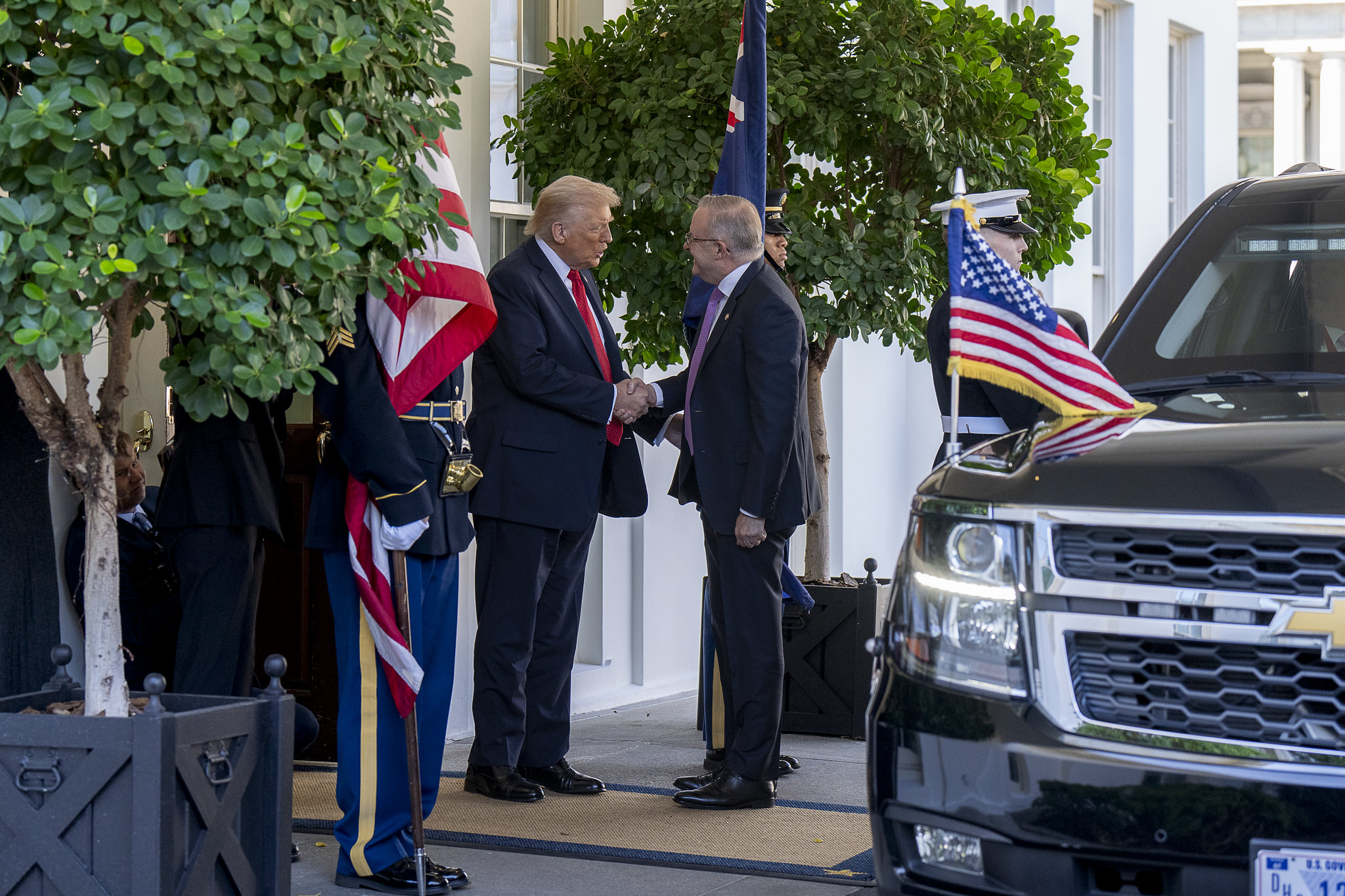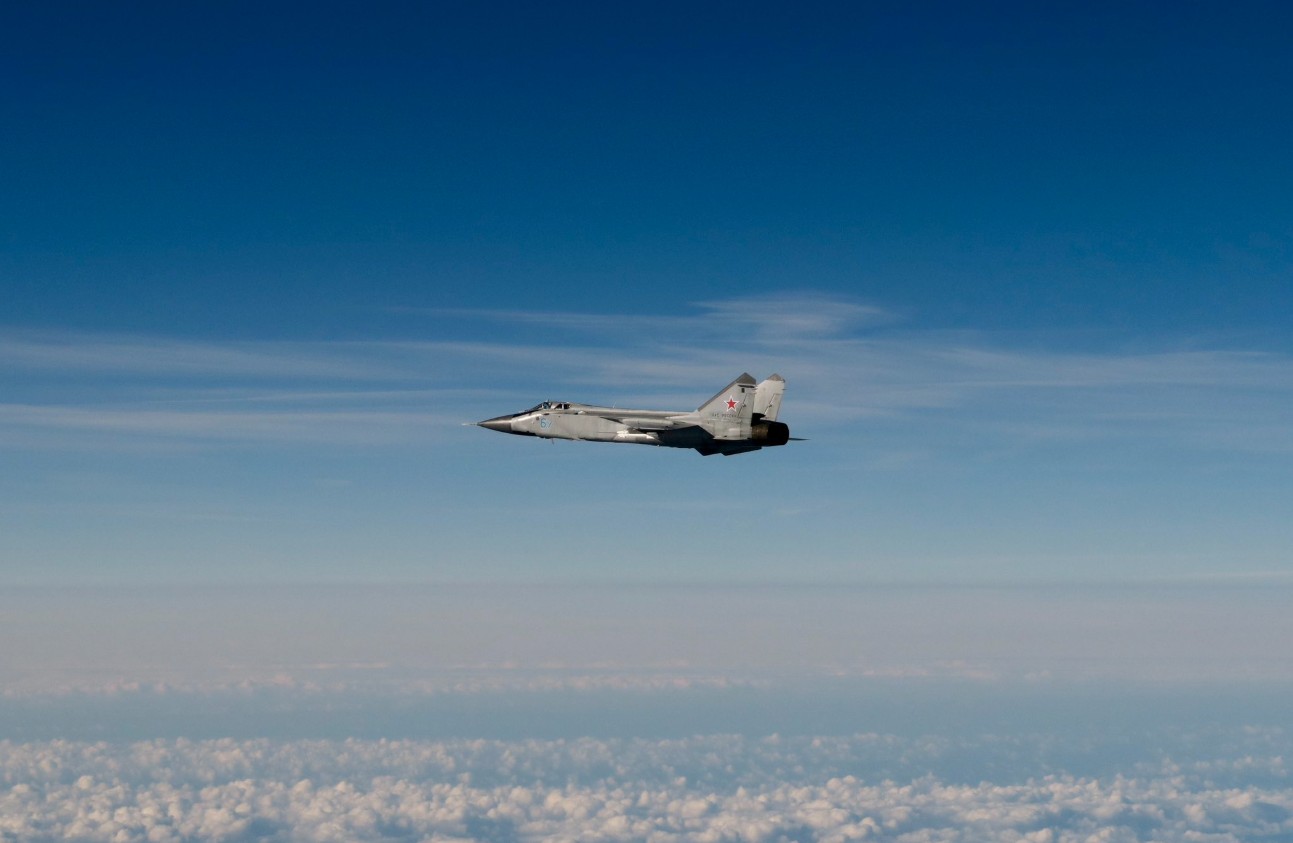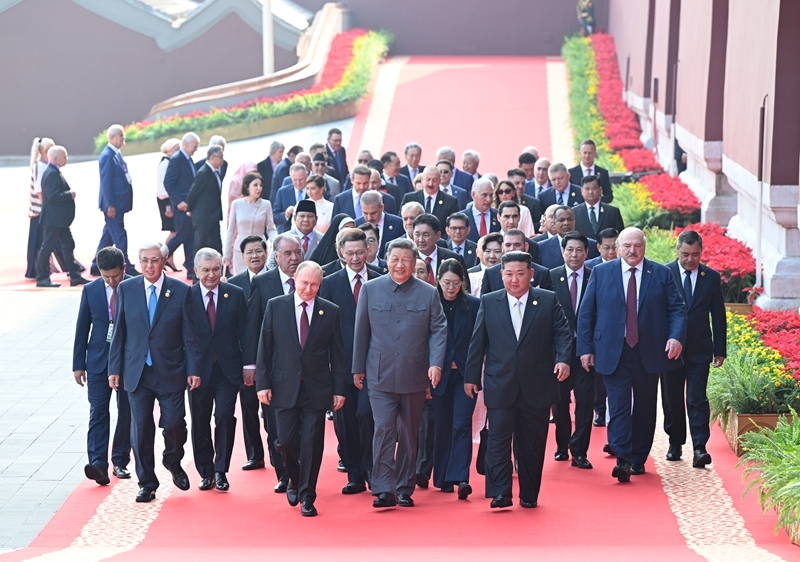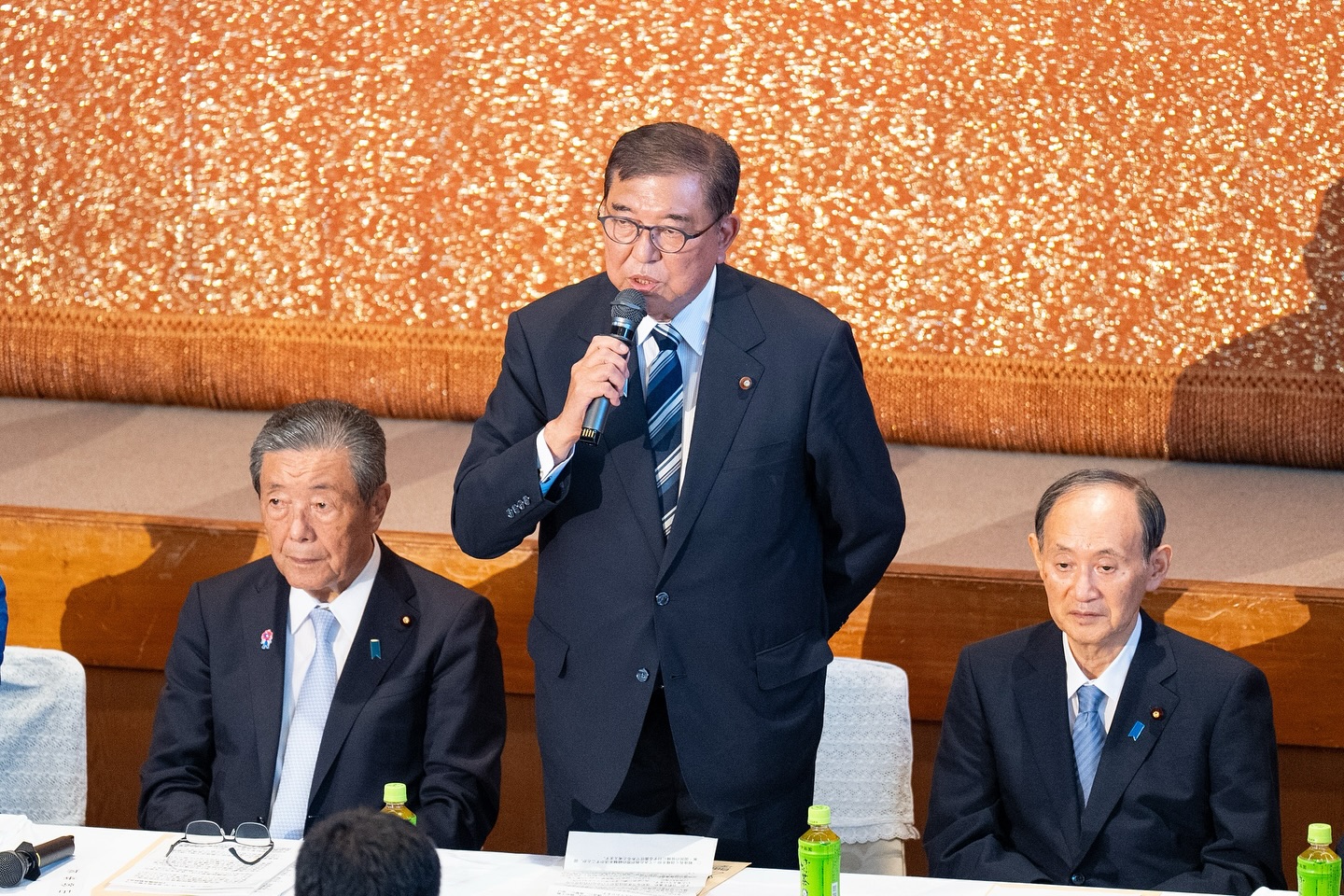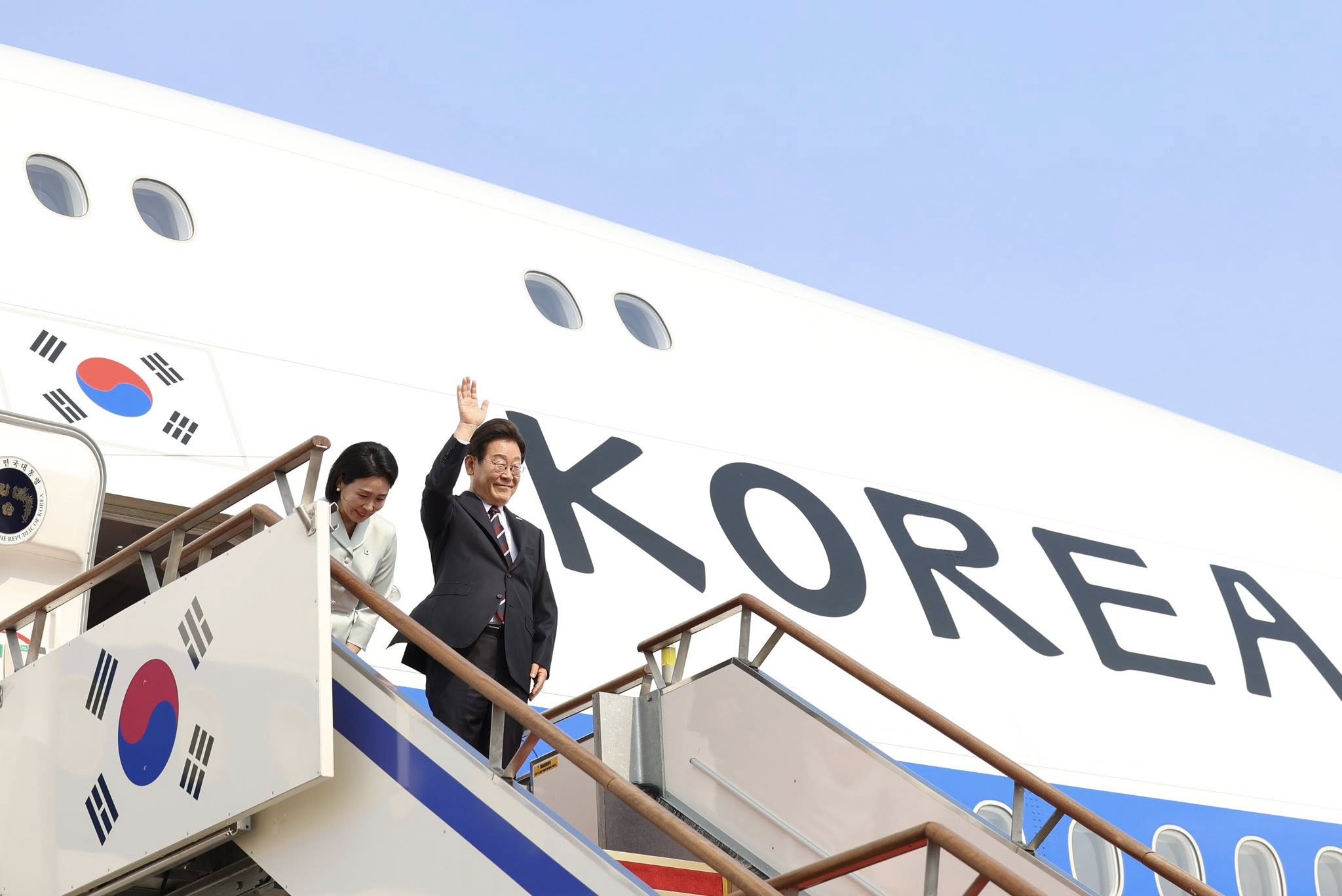Canada’s Relations with Taiwan and the Indo-Pacific Under Prime Minister Carney
Canadian Prime Minister Carney provided clear indications in a pre-election debate by arguing that Canada’s biggest security threat is China. He afterwards explained that China is a geopolitical threat due to its support of Russia’s war against Ukraine and threats to Taiwan. Picture source: Mark Carney, June 7, 2025, Facebook, https://www.facebook.com/photo/?fbid=122174148248512671&set=pb.61565380151960.-2207520000.
Prospects & Perspectives No. 41
Canada’s Relations with Taiwan and the Indo-Pacific Under Prime Minister Carney
By Scott Simon
In the Canadian elections of April 28, 2025, the Liberal Party managed to maintain its minority government largely because Canadians perceived Liberal Party leader Mark Carney as more capable than his opponent of protecting Canadian sovereignty against the mercurial U.S. President Donald Trump. Trump had angered Canadians by repeating that Canada should become the 51st state and even referred to Prime Minister Justin Trudeau as “governor.” Canadians were shocked to experience their sovereignty threatened by a powerful neighbor, a sentiment which Taiwanese people know very well.
Rising concern about sovereignty among Canadians does not automatically lead to greater empathy with Taiwan. In fact, some Canadians have argued that difficulties with Trump are best solved by reorienting trade toward China, a diplomatic reset that would inevitably involve trade-offs regarding Canada-Taiwan relations. In fact, as revealed in a transcript on the Embassy’s website, Chinese Ambassador Wang Di told the Globe and Mail that acquiescence to the China’s position on Taiwan (plus Tibet and Xinjiang) is a pre-condition for strong China-Canada relations.
So, what will happen after Parliament resumes on September 15? Carney provided clear indications in a pre-election debate by arguing that Canada’s biggest security threat is China. He afterwards explained that China is a geopolitical threat due to its support of Russia’s war against Ukraine and threats to Taiwan. Such pronouncements hark back to a golden era in Canadian diplomacy when Canada contributed to solving intractable global problems while maintaining independence vis-à-vis the U.S.
Canada’s Track Record on Taiwan
Canada staked out an independent position regarding Taiwan during the two Taiwan Straits crises of the 1950s, when Liberal Prime Minister Lester Pearson refused to simply follow U.S. military support of Chiang Kai-shek’s “Free China.” Rather than endorsing either side of the Chinese Civil War, he made efforts to learn about Taiwan’s local situation and announced to Parliament in 1956 that “the legal status of Formosa (as Taiwan was called then) is still undecided.” When Canada risked potential U.S. reprisals in 1970 by unilaterally establishing diplomatic relations with China, Prime Minister Pierre Elliott Trudeau followed in Pearson’s footsteps by refusing to endorse China’s claims to Taiwan. The Joint Communiqué reiterated China’s territorial claim to Taiwan, but only said Canada “takes note” of it. Canada’s formula that it would neither endorse nor challenge China’s claim became the cornerstone of substantive Canada-Taiwan relations to this day. Pearson and Trudeau both hoped that the Taiwanese people would ultimately decide their own fate.
As prime minister from 2015 to 2025, Justin Trudeau carried out his father’s vision of maintaining diplomatic relations with China while making place for the fact of Taiwan’s autonomous existence. Canada-Taiwan relations became stronger than ever. In 2018, Canada’s military ended cooperation with China on high altitude mountain training and then began making regular transits of the Taiwan Strait. Canada’s Indo-Pacific Strategy (IPS) of 2022 promoted society-wide engagement with Taiwan. The IPS explicitly opposed “unilateral actions that threaten the status quo in the Taiwan Strait” and pledged support for Taiwan’s resilience. Canada and Taiwan, along with Australia and New Zealand, co-founded the Indigenous Peoples Economic and Trade Cooperation Agreement.
In 2023, in a report titled Canada and Taiwan: a Strong Relationship in Turbulent Times, a parliamentary committee made 34 recommendations for strengthening relations. Shortly thereafter, Ottawa and Taipei signed a Foreign Investment Promotion and Protection Arrangement, after which Taiwanese direct investment in Canada increased from C$2.2 billion in 2023 to C$7.3 billion in 2024. Subsequent agreements contributed to supply chain resilience and technological cooperation. Former Taiwanese president Tsai Ing-wen attended the 2024 Halifax International Security Forum, and was awarded a prize. Canada joined Taiwan, the U.S., Australia, and Japan in the Global Cooperation and Training Framework (GCTF) to share best practices on such issues as Indigenous prosperity and disinformation. Parliamentarian diplomacy demonstrated support for Taiwan across all parties.
Moving forward, there will be many opportunities for Canada and Taiwan to collaborate on supply chain resilience and mitigate Trump’s tariff threats. Canada, for example, can provide the rare earth minerals needed in Taiwan’s semiconductor industry, and Taiwanese semiconductors can strengthen Canada’s automobile industry.
Realism about China
In an article in Open Canada, Michael Kovrig introduced a bit of realism to notions that China can provide an alternative to Trump’s America. Trump’s election did not change the fact that China is a threat to Canada due to cyberattacks, transnational repression of the Chinese diaspora and Canadian human rights advocates, refusal of consular access to imprisoned Canadian citizens and even executions, illegal overseas police stations, and mercantilist economic policies. In a report issued on June 18, 2025, the Canadian Security Intelligence Service identified China and the Chinese Communist Party (CCP) as “an enduring threat to Canada.” Shortly afterwards, Industry Minister Melanie Joly announced that Chinese surveillance company Hikvision must cease operations in Canada.
Canada and like-minded states are increasing vigilance in the Indo-Pacific. On June 9, Prime Minister Carney announced that Canada would elevate defence spending to 2 percent of GDP this year, with a 5 percent Defence Investment Pledge by 2035. After the G7 Leaders’ Summit in Alberta, Carney expressed serious concern in the “Chair’s Summary” about “China’s destabilizing activities in the East and South China Seas and the importance of maintaining peace and stability across the Taiwan Strait.” NATO Secretary General Mark Rutte similarly made a statement that the security of the Euro-Atlantic and Indo-Pacific is interconnected. Important defence reviews of Canada’s partners and allies, including Japan’s annual Defense of Japan White Paper, France’s National Strategic Review, and the UK National Security Strategy, have all this summer highlighted risks from China’s aggression in the South China Sea and the Taiwan Strait, grey zone operations, and threats to supply chain resistance.
Canada and its allies are backing up statements with action. Under Operation HORIZON, the Royal Canadian Navy this year dispatched its Halifax-class frigate, the Ville de Québec, to the Indo-Pacific, where it joined the UK-led Carrier Strike Group. This deployment notably included a Taiwan Strait transit by the HMS Spey and interoperability exercises with Japan. From July 13 to August 4, Canada is participating in Australia-hosted exercise Talisman Sabre 25 with 18 other nations. Canada’s presence in the Indo-Pacific is not about following the U.S. into a new Cold War. It is a way of upholding peace, security, and rule-of-law with like-minded partners, notably the UK and Australia.
Moving Forward
This momentum is likely to carry forward when Canada resumes Parliament. Because the Liberals stayed in power, the ministers who were responsible for the Indo-Pacific Strategy in 2022 are still in Cabinet, and thus still heard. For example, Anita Anand, who was Minister of National Defence when the IPS was drafted, is now Canada’s Minister of Foreign Affairs. The Conservatives, as the opposition in a Liberal minority government, will surely be vigilant about any sign of appeasement toward China and continue their support for Taiwan. All Canadian parties are aware that the maintenance of peace and security in the Indo-Pacific is the necessary condition for Canadian prosperity. Because of continuity in Parliament, Canada is likely to recalibrate its Indo-Pacific Strategy to deal with challenges from the U.S., while remaining open-eyed about China. This offers new opportunities to deepen relations between Canada and Taiwan.
(Scott Simon is Professor, School of Sociological and Anthropological Studies, University of Ottawa.)


